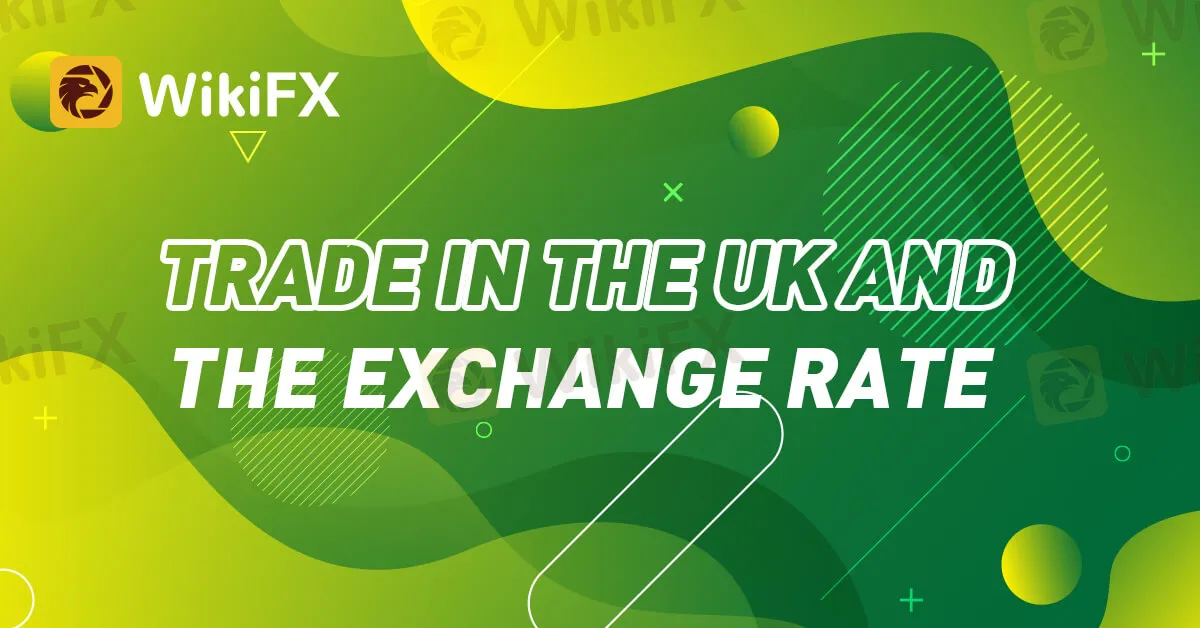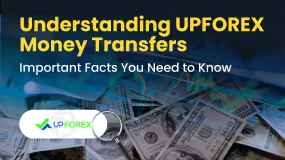Abstract:In today's Monday interview, Stephen Millard, our Deputy Director for Macroeconomics, speaks with Paul Mortimer-Lee, an NIESR Fellow, on the recent performance of UK trade and way to improve it.

In today's Monday interview, Stephen Millard, our Deputy Director for Macroeconomics, speaks with Paul Mortimer-Lee, an NIESR Fellow, on the recent performance of UK trade and way to improve it.
According to the most recent ONS statistics, which was released in March, UK export volumes in the fourth quarter of 2022 were more than 9% lower than they had been in the pandemic. Is this a result of Brexit?
Undoubtedly, there is a Brexit effect. Covid, which started concurrently with Brexit, saw a decline in both imports and exports between the UK and the EU, making it challenging to separate the two effects. Due to Covid disruptions and trade volumes at the same time. However, the UK's trade volumes recovered much less than those of many other nations when Covid problems subsided. The narrative includes red tape and border inspections, which can be crucial for businesses that use just-in-time inventory management. A settlement on “rules of origin” and the avoidance of tariffs on automotive products between the United States and other countries was among the potential problems that were averted.
The volume effects have been so strong in trade-related gains, which is troubling. The gains from trade in terms of consumer and producer surpluses losses when trade restrictions take effect more elastic demand and supply are. Uncertainty surrounds how such losses will be split between the EU and the UK. Price increases are one way the UK could miss out on trade benefits. UK importers will resort to either domestic manufacturing or imports from outside the EU if imports from the EU drop as a result of Brexit, both of which would entail higher costs. It's unclear how much of this has happened. A number of observers think that Brexit played a role in the UK's 19.2% year-over-year spike in food costs in March. It is challenging to pinpoint a Brexit effect because EU food costs increased by 19.5% during the same time period. Disrupted supplies from Ukraine and Russia as well as increasing energy costs are to blame for the increase in food, feed, and fertilizer prices in Europe, where they have increased.
While Brexit can be partly blamed for the UK's weaker exports to the EU, it is more challenging to pinpoint the cause of the UK's weaker exports beyond the EU. Exports of goods in the past three months, excluding precious metals, fell 13% in volume terms from the average level for 2019. Disruptions in the supply chain, which are easing, could have a role. Whether the UK's export weakness reflects a deeper lack of competitiveness and the economy's insufficient capacity to rebound from shocks is a more worrisome matter. The UK's unusually delayed post-Covid recovery—we appear to be trapped around 2019's GDP level—indicates that “pre-existing conditions” have made the economy susceptible to negative shocks. However, manufacturing production increased by more than 4% in the three months leading up to February compared to the average level for 2019. This indicates that manufacturers prefer to produce for the UK market, possibly because it is more profitable than selling abroad, and raises concerns about both competitiveness and the possibility of excessive UK demand, which may also be fueling inflation.
What role does the exchange rate play in this narrative?
Could a decline in the value of the dollar encourage the manufacturing sector and increase spending and output?
A weaker pound would make UK exports more competitive, and UK producers would be better able to compete with imports. This would be highly important for several industries. Exports from the UK's vehicle sector account for nearly 80% of all exports to the EU. The profitability of vehicle exports would not increase as much as we may originally think because a car has about 30,000 parts, many of which are imported. Furthermore, neither Rome nor car plants were built in a single day. It would take time for a fall in the exchange rate to convert into more manufacturing capacity.
In the end, increasing exports results in a decrease in domestic demand because labor and capital are limited resources. When you produce more exports, you have to produce less of something else. A shortage in savings compared to domestic investment is the cause of Britain's long-standing balance of payments imbalance. The UK must cut back on consumption if it wants to increase exports and balance its books.










